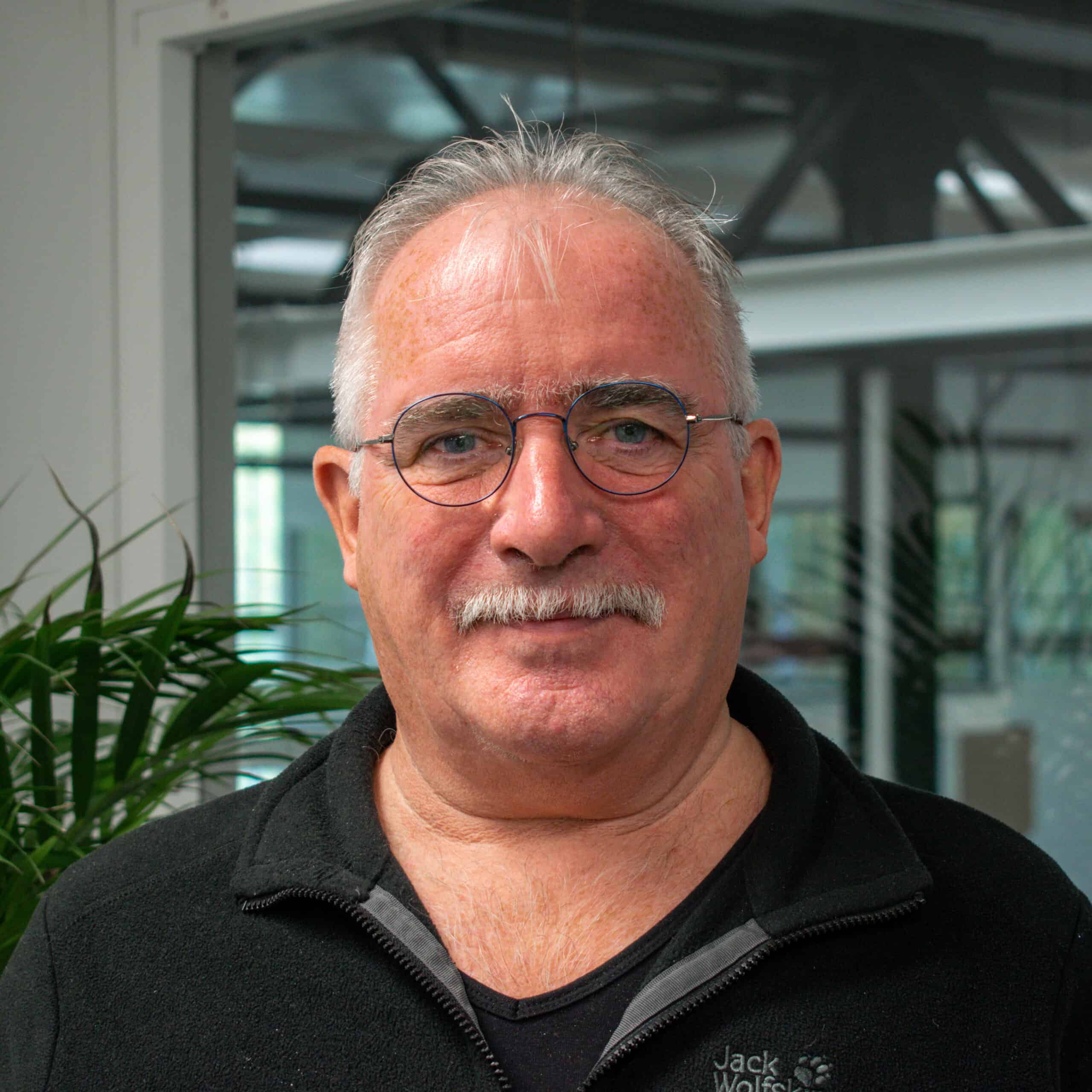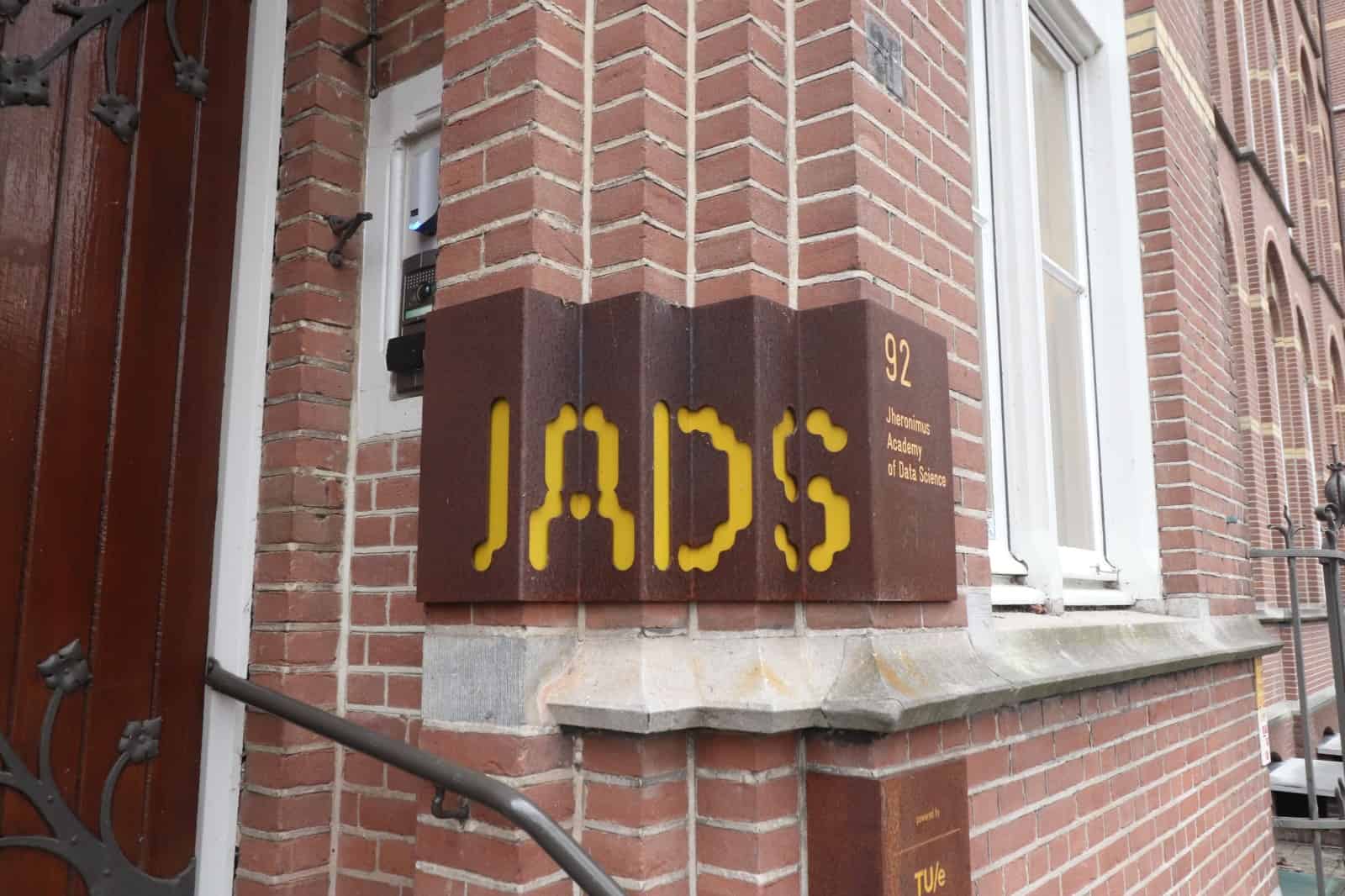
[UPDATE] – Eindhoven University of Technology (TU/e) will continue with the Irène Curie Fellowship Program (ICF) in modified form as of May 1. The goal of the program remains at least thirty percent female researchers in the permanent academic staff in 2024. For each job group (associate professor; senior lecturer or full professor) and each faculty, it will now be considered separately whether the vacancy will become part of the ICF program.
TU/e introduced a resolute policy in 2019 to increase the percentage of women in the permanent scientific staff, the Irène Curie Fellowship program. This led to a case at the Netherlands Institute for Human Rights, which concluded last year that the program was not proportional. The university therefore drafted a revised version of the policy and submitted it to the CRM for review.
The Netherlands Institute for Human Rights now concludes that the revised program does not make prohibitive distinctions based on gender. In addition, the CRM judgment offers TU/e a number of tips to make the Irène Curie Fellowship program as effective as possible. The TU/e Executive Board will refine the amended policy within this scope.
Gender imbalance
The revised policy focuses more on addressing the gender imbalance exactly where it occurs. The policy now reviewed by the CRM looks at each department, and within that, each job category, to see if the target percentage of about thirty percent female scientists has been met. As long as that has not been achieved, some of the vacancies in that category fall within the Irène Curie Fellowship program. As before, in the first six months of recruitment only female candidates may respond to those vacancies. The program will run at least until 2024, with annual reviews.
“We are very pleased that we can now continue this successful program,” says TU/e President Robert-Jan Smits. “Our goal remains that within five years at least thirty percent of the scientific staff will be women. Because at that percentage, a minority is no longer perceived as a minority. The minority feels freer to contribute and has the position and influence it deserves.”
In practice, the modified policy means that less than half of the vacancies for permanent scientific staff will fall into the Irene Curie program. At the start of the program, in 2019, it was still 100 percent. “We have attracted almost as many female (55) as male (59) scientists since the start of the program,” explains TU/e rector Frank Baaijens. “We hope the modified program will enable us to maintain this ratio.”







